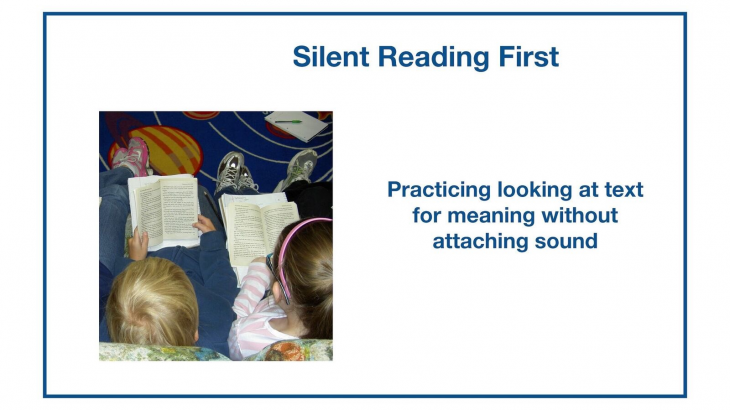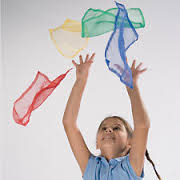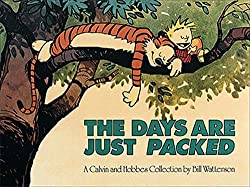Author Richard Whitehead Richard Whitehead facilitates the Davis Dyslexia Method at his center in the UK. His articles impressed me over the past few years. I share his admiration for Ron Davis’s pioneering dyslexia research. So, when he recently published a dyslexia book, Why ‘Tyrannosaurus’ But Not ‘If’?: The Dyslexic Blueprint for the Future of […]
learning
Silent Reading Instead of Oral Reading: Overlooked Teaching Technique

What if oral reading is not an option? Mom’s eyes glistened with tears as she spoke with me. Six-year-old Johnny watched me carefully. His face revealed hope, worry, and intense curiosity. They came to me because they’d heard I “could teach anyone to read.” “We enrolled Johnny in the best private school in town, knowing […]
Cognitive Skills Training

Thinking Can Be Taught! Weak thinking skills may cause or add to a child’s school failure. It’s tempting to jump straight to the “problem” such as reading or math skills without looking for more foundational weaknesses. But, while teaching academic skills is often our first objective, we must also look for ways to strengthen the […]
Homework Support for Students with Dyslexia

Teaching: Modeling, Supported Practice, Mastery Teaching involves 3 steps: Modeling (the teacher shows the student how) Supported practice (teacher and student do it together; the student gets help as needed) Mastery (the student does it independently or takes a test on it) Modeling works beautifully in the classroom, and testing happens efficiently in the classroom. Supported practice […]
Touching and Moving to Learn

Touching and Moving Learning Techniques are: Ways tutors incorporate the dyslexic student’s strong kinesthetic (body-related) learning skills into academic work. Background: Many dyslexic students learn best while moving, and remember best if the material is practiced while the body is feeling weight or impact. This is hard to achieve in a classroom. Some students are […]
Using Comics to Build Advanced Reading Vocabulary

VOCABULARY SPELLS SUCCESS IN SCHOOL If students aren’t voracious readers early in life, they miss out on vocabulary that bookworm peers are absorbing. This happens to students with dyslexia, students from non-reader homes, students with ADHD, and even students who need glasses. Low vocabulary hurts academic work across all subjects. But, writing definitions on lists […]